Limited Liability Protection
A company and its owners are separate legal entities in the eyes of the law. In legal terms, this is often known as the ‘veil of incorporation.’
In practice, this means that a company’s owners and directors are not responsible for the company’s debts and cannot be sued by outsiders.
If your company goes bust your personal assets are safe. You do, however, stand to lose the money you’ve invested in the company and any assets you’ve transferred to the company.
Directors may be held personally liable for losses resulting from their own illegal acts or if they act negligently or beyond their powers.
Enhanced status
Trading as a company is often seen as more prestigious than trading in your own name. However, in practice, this makes no difference whether a business is incorporated or not.
Borrowing money
A corporate status may make it easier to obtain credit from suppliers. In reality, a newly formed company will probably struggle to obtain credit or borrow money without personal guarantees from the directors/ shareholders.
Sole traders rely on their own personal credit ratings if they wish to borrow money for their business. If the business owner’s personal credit rating deteriorates, this will affect the ability of the business to borrow.
Flexibility of ownership
Using a company makes it easier to involve new people in the ownership of the business and to separate ownership and management. If you want to involve your family members or key employees, you can issue them shares.
If you want to keep your stake in the business but do not want to be involved in its management, you can keep your shares but resign as a director.
Continuity
A company structure allows for a smooth exit from the company. Small numbers of shares can be passed on to family members over a number of years. You can also leave shares to different family members or key employees.
The death of a company member does not affect the existence of the company.
Tax
Don’t let the tax tail wag the commercial dog
Although tax should not the main consideration when setting up in business but appropriate tax planning is critical in today’s dynamic marketplace.
Companies are powerful tax shelters. Sole traders and partnerships pay income tax and national insurance on their profits, companies only pay corporation tax – and corporation tax rates are much lower than personal tax rates.
Companies pay corporation tax at just 19%, whereas most sole traders and partners who ear over £46,350 pay 42% income tax and national insurance. A company paying tax at just 19% will therefore have a lot more money left over to reinvest and grow.
The corporation tax rates will reduce to 17% in April 2020.
Control
As a company owner, you have complete control over how much income you withdraw from your company. This gives you complete control over your personal tax bill, allowing you to avoid the higher tax rates that kick in when your income exceeds £46,350, £50,000, £100,000 or £150,000. Sole traders and partnerships cannot control their income tax bills in this way.

